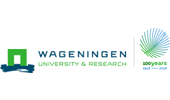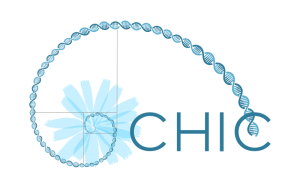Wageningen University

Country: The Netherlands
Wageningen University is well known for translating fundamental research to applications, especially in the agro-food industry. Wageningen University is the only university in the Netherlands to focus specifically on the theme ‘healthy food and living environment’. We do so by working closely together with governments and the business community. In 2016 Wageningen University has been ranked, for the 12th time in a row, as the best University in the Netherlands. According to the evaluation report, this is a based on Wageningen’s combination of excellent research and education. The Laboratory of Microbiology is one of the biggest laboratories at Wageningen University has a long history in basic ecological, physiological and molecular features of bacteria and archaea.
Again, frequently interactions with commercial parties lead to successful translation of the obtained fundamental insights. Since publication of a predicted role of CRISPR in adaptive defence in 2005, the Van der Oost group started working on unravelling the molecular mechanism in 2006. Using the E.coli type I system (class-1) as a model, they have unravelled that short CRISPR RNAs (crRNA) are used as guide by a CRISPR-associated Cascade complex, that seeks and finds a complementary DNA sequence that is unfolded, after which a Cas nuclease is recruited to damage the target DNA. Moreover, design of the CRISPR DNA, allowed for directed cleavage of any DNA target (Brouns et al 2008). Despite the existence of many variant CRISPR-Cas systems, the mechanistic features of the E. coli system turned out to reflect the general working mechanism of DNA-targeting CRISPR-Cas systems, including the class-2 systems with a completely different architecture: rather than multiple protein subunits, the class-2 systems (e.g. Cas9 and Cpf1) are composed of single polypeptide, multi-domain effector complexes.

 This project has received funding from the EU Horizon 2020 research & innovation programme under grant agreement N. 760891.
This project has received funding from the EU Horizon 2020 research & innovation programme under grant agreement N. 760891.